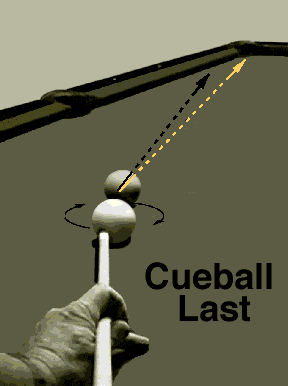
One of the most popular games in the world is pool. It can be played on many different sized tables. It is a difficult game and requires skill. Although there are many variations of pool, the most popular ones are eight ball and continuous pool. These games require great skill and can be played individually, doubles, as well as as a team sport.
The game's goal is to put all the designated balls. This includes cue balls, eight-balls and other object ball. Each player gets one of the two pockets located at the feet of the table. They continue until they foul, miss, or both. If a foul is committed, the player must put the ball back on and take a new shot. There are a variety of fouls that can occur, such as a break, hitting the cue ball into an object ball, committing an illegal break, and executing a jump shot.
The World Standardized Rules are the official rules of pool. They are used in numerous international tournaments and other organizations as well as the Billiard Congress of America. Fouls must be committed when the ball is lost. The opponent's ball must be re-entered and the point will be awarded to the player who has the ball in his pocket.

Eight-ball is a game where the goal is to get the black eight ball. Depending on which variation is used, the numbering of the balls can vary from one to nine. If a player takes the ball out of his pocket, he wins.
A normal foul gets you a minus. The ball must immediately be racked if it is caught in the middle of a foul. After the player has taken his next shot, he may choose to restore the position he was in before the foul. Alternativly, he might decide to keep his ball and give the opponent a point if he places the ball in his own pocket.
Another type of foul is the ball in hand foul. This occurs when a player touches the cue ball without having his or her foot on the floor. The player must announce that the ball has been pocketed before they take a shot. The ball must be placed as close as possible to the spot where it was caught during the foul.
A player who commits more than two fouls at once must be warned before taking their next shot. Unless the player agrees to a penalty, the third foul will result in a loss of the game. The player will be penalized if he or she breaks in an inning.

A non-player interfere is another type. If the ball is pushed or bumped by an opponent or by an unscheduled light fixture, the foul is considered non-player interference. Non-player interference doesn't count if the ball was pocketed during the course or a foul.